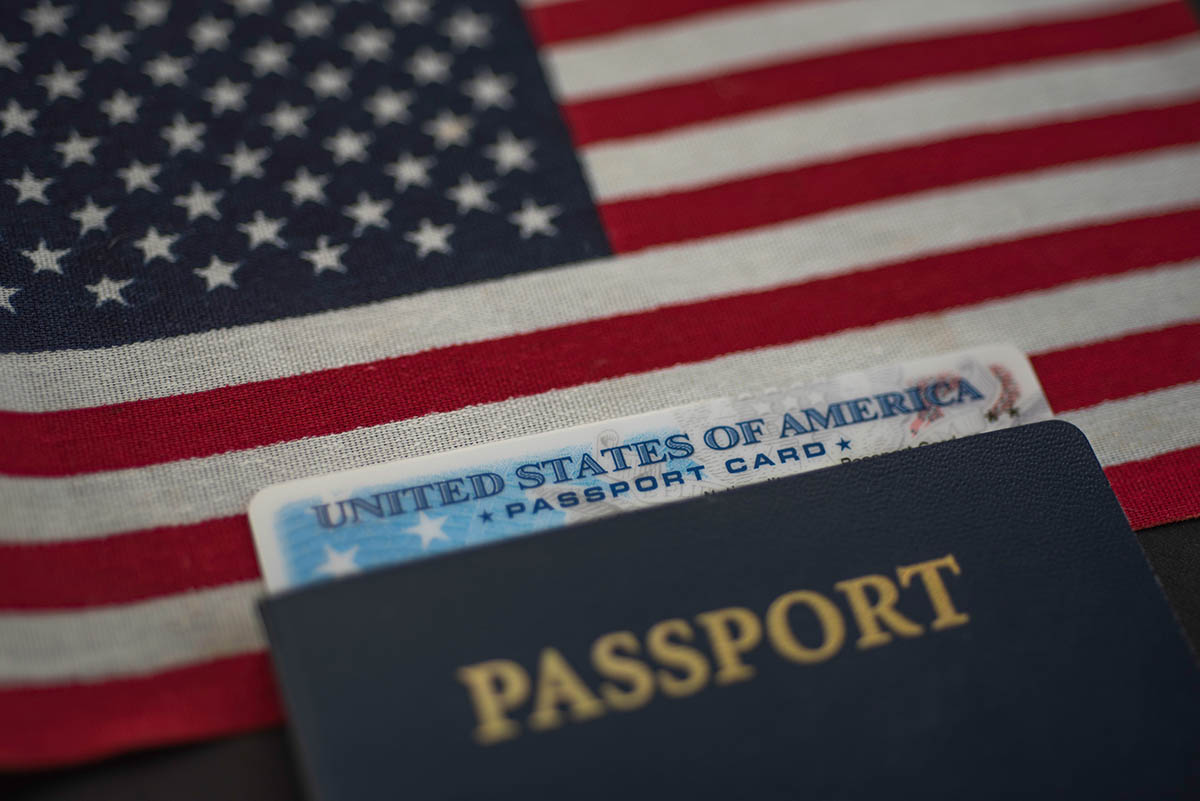What Are the New Passport Laws for 2024?

/ 5 Stars read 3 min
The year is over halfway complete, and new passport laws are in full swing. Do you know what they are? If not, you’re in the right place because we’re discussing the most recent updates that you need to know to travel with your passport.
What Are the New Passport Laws for 2024?
2018 is a big year for passport laws. In January, the Real ID Act came into effect for commercial airplanes, and on top of that, the State Department has made a variety of passport changes in the last couple of years.
If you haven’t looked into your passport status recently, now’s a good time to do it.
But just because the law is changing doesn’t mean you should fret. In this article, we’ll talk about some of the most important new passport laws and how to deal with them.
Real ID Act
The biggest change in passport law has to do with the Real ID Act. Traditionally, the federal government accepted state IDs (such as driver’s licenses) as valid forms of identification. Then, in 2005 in the wake of 9/11, Congress decided that this policy was too much of a security risk and passed the Real ID Act. Under this act, the federal government will only accept state IDs if they adhere to strict regulations.
Visit the following states below to learn about the REAL ID Act
Why are you just now hearing about this law that Congress passed in 2005? The air travel portion of the law just kicked in this year. That means that if your state isn’t compliant with the Real ID Act, you need a passport (or other federal ID) to fly, even domestically.
Luckily, as of July 2018, every U.S. state is either compliant or has received an extension. But you still need to understand this new law; those extensions won’t last forever.
All States are REAL ID Compliant (November 15th, 2023)
As of November 15th, 2023, all states will be required to be REAL ID compliant, ensuring that the security of identification cards meets a higher standard. Professionalism and security are paramount in today’s world, and the adoption of REAL ID standards assures individuals that their personal information and identity are protected.
This has been a long-awaited initiative, and all states are committed to meeting this requirement. So, whether you’re traveling in the US or accessing certain federal facilities, the REAL ID will serve as your go-to identification card, and you can be confident that it meets rigorous security standards.
Questions & Answers
Can I Still Fly in The United States without a REAL ID?
Assuming there are no further delays, the REAL ID requirement will become effective on May 7, 2025. After that date, individuals in the United States who are 18 years or older will be required to have a REAL ID-compliant driver’s license, identification card, state-issued enhanced driver’s license (EDL), or an acceptable alternative form of identification such as a passport, in order to board a domestic flight.
Can You Fly With a Picture of Your ID on Your Phone?
To make passing through TSA PreCheck® checkpoints easier, you can add your state-issued driver’s license or identification card to your phone’s digital wallet. Simply tap your phone or linked device to present your ID at select checkpoints. A TSA reader will take your photo at security, allowing you to proceed to screening.
Can You Fly With An Expired Passport Domesticly 2023?
If your passport is expired, you can still use it as a form of identification for domestic travel within the United States. However, you will need to convince TSA officers that you are the same person as the one named in the passport. On the other hand, if you are traveling internationally, you must have a valid passport in order to be allowed to travel.
What is the REAL ID vs Drivers License?
A REAL ID is a driver’s license or identification card issued by the state that meets federal standards. The main distinction between a REAL ID and a regular driver’s license is that a REAL ID is a more secure form of identification. A REAL ID has a star-shaped security stamp at the top of the license, indicating that it is a REAL ID.
Summary
It is important as a traveler to stay updated with new passport laws in order to make sure that your passport remains legal and safe for future trips. Although these laws are still in progress and subject to change, understanding what the new regulations mean now will help you be prepared for when they are fully implemented in 2024.
